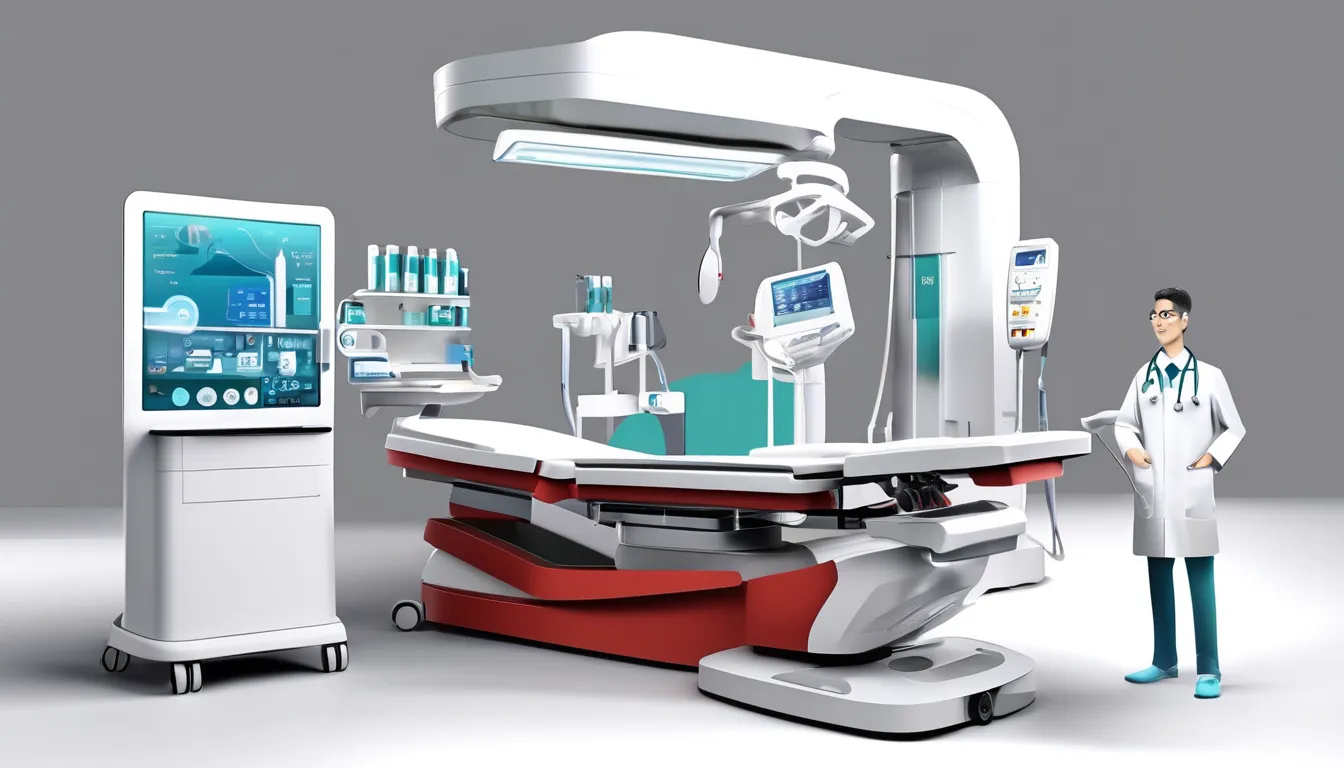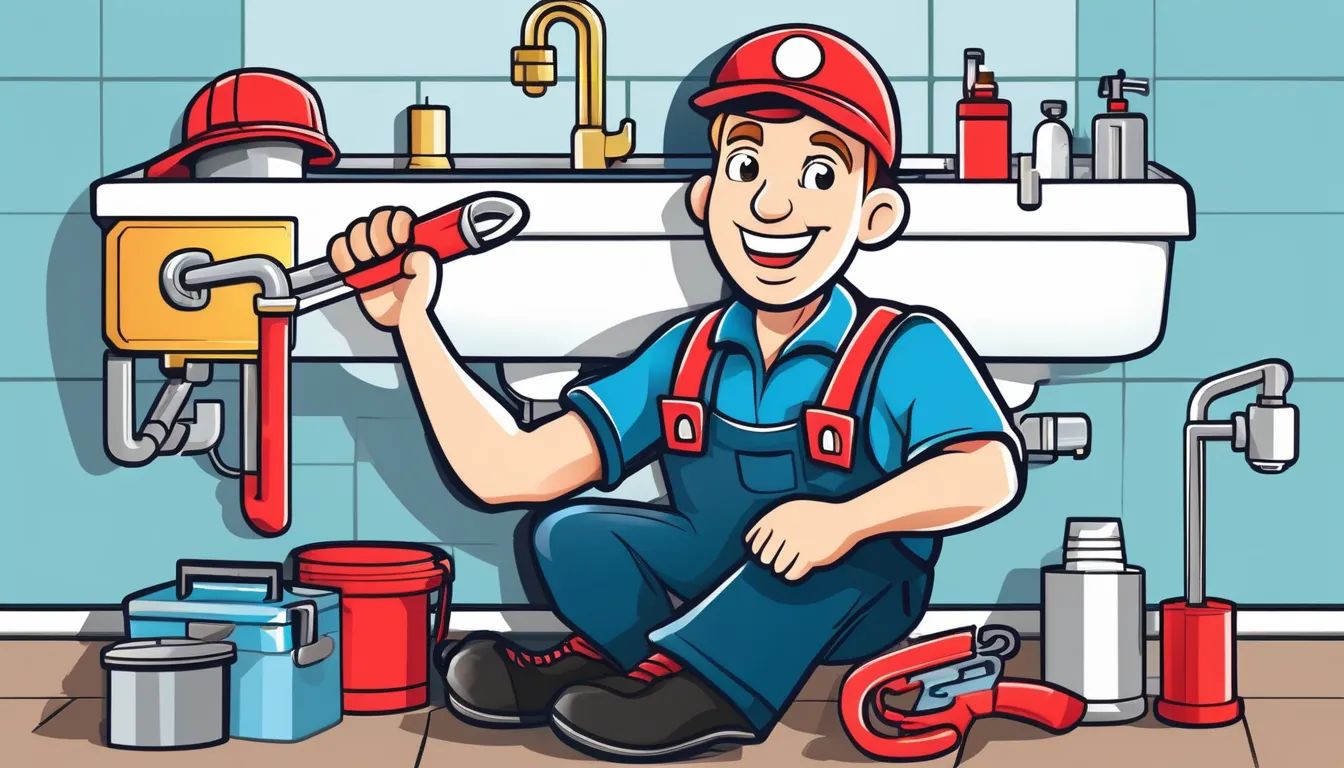
As you consider the future of healthcare, you’re likely to notice a significant shift towards home-based care. قیمت ویلچر innovations are playing a pivotal role in this transformation, making it possible for patients to receive high-quality care from the comfort of their own homes. With the rise of remote monitoring systems, portable diagnostic tools, and wearable health trackers, patients can now track their vital signs and health metrics in real-time. But what exactly does this mean for the future of healthcare, and how will these innovations impact patient outcomes?
Remote Monitoring Systems
Many hospitals are adopting remote monitoring systems, which allow you to keep tabs on patients from anywhere, at any time. This technology enables healthcare professionals to track vital signs, such as heart rate and blood pressure, in real-time.
You can also use remote monitoring systems to monitor patients’ medication adherence and detect potential health issues before they become severe.
Remote monitoring systems often use wearable devices or mobile apps to collect patient data. This data is then transmitted to healthcare professionals, who can review it and make informed decisions about patient care.
You can also set up alerts to notify healthcare professionals of any changes in a patient’s condition, ensuring prompt intervention when needed.
Portable Diagnostic Tools
You’re no longer tied to a hospital room when diagnosing patients, thanks to portable diagnostic tools that bring medical labs to the patient’s side. These handheld devices can perform a wide range of tests, from blood glucose monitoring to hemoglobin analysis, and provide instant results.
You can quickly diagnose and treat conditions without having to send samples to a lab or waiting for results.
Portable diagnostic tools also reduce the need for hospital visits and make healthcare more accessible to patients in remote or underserved areas.
They’re particularly useful for diagnosing infectious diseases, where timely treatment is crucial. With the ability to perform tests at the point of care, you can start treatment sooner and improve patient outcomes.
Some portable diagnostic tools even integrate with electronic health records (EHRs) and telehealth platforms, making it easy to share test results and collaborate with other healthcare professionals.
This streamlines the diagnosis and treatment process, enabling you to provide better care for your patients.
Wearable Health Trackers
Wearable health trackers have evolved to track a wide range of health metrics, from the number of steps you take to the quality of your sleep, and they’re increasingly being used to monitor chronic conditions like diabetes and heart disease.
You can now track your heart rate, blood pressure, and even blood glucose levels from the comfort of your own home. Many wearable health trackers also offer GPS tracking, allowing you to track your location and stay safe while exercising outdoors.
These trackers often sync with your smartphone or computer, making it easy to view your health data and share it with your doctor.
You can also set reminders and alerts to take medication or exercise, helping you stay on top of your health. Additionally, many wearable health trackers offer guided breathing exercises and stress tracking, helping you manage stress and anxiety.
Smart Home Medical Devices
Smart home medical devices are transforming the way you manage your health from the comfort of your own home. These devices seamlessly integrate with your daily routine, making health monitoring easier and more convenient.
You can track your vital signs, monitor chronic conditions, and receive personalized feedback to improve your well-being.
Smart home medical devices include blood pressure monitors, glucose meters, and pulse oximeters that can be connected to your smartphone or tablet via Bluetooth or Wi-Fi.
You can access your health data through mobile apps, which provide you with a comprehensive view of your health trends and insights. Some devices also enable remote sharing of data with healthcare professionals, allowing them to track your progress and adjust treatment plans accordingly.
Advanced Telehealth Platforms
Beyond tracking your health at home, technology is also transforming the way you interact with healthcare professionals through advanced telehealth platforms. These platforms are revolutionizing the way you receive medical care, allowing you to remotely consult with doctors, therapists, and other specialists.
Advanced telehealth platforms use video conferencing, messaging, and other digital tools to connect you with healthcare professionals in real-time.
With telehealth platforms, you can schedule virtual appointments, send medical data, and receive diagnoses and treatment plans from the comfort of your own home.
This not only saves time but also reduces the risk of hospital-acquired infections and exposure to contagious diseases.
Advanced telehealth platforms also enable healthcare professionals to remotely monitor your condition, adjust treatment plans, and track your progress.
Telehealth platforms are particularly beneficial for people with chronic conditions, disabilities, or those living in remote areas with limited access to healthcare services.
Conclusion
You’re now at the forefront of a healthcare revolution, where medical equipment innovations transform your home into a hub of high-quality care. With remote monitoring systems, portable diagnostic tools, wearable health trackers, smart home devices, and advanced telehealth platforms, you can receive personalized care from the comfort of your home. These innovations empower you to take control of your health, reducing hospital readmissions and improving your overall well-being. You’re experiencing the future of healthcare today.



